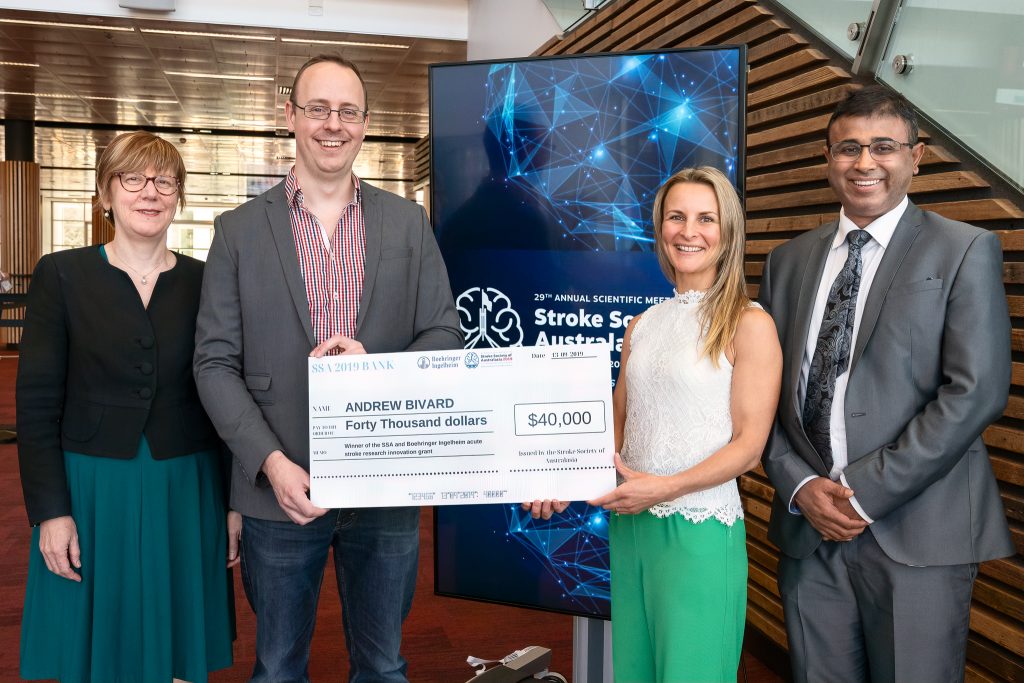Digital & Innovation
Artificial Intelligence to predict acute stroke treatment response

Artificial intelligence will be applied to the world’s largest database of stroke perfusion imaging to predict individual patient response to treatment in the acute setting, as part of a research project recognised at the Annual Scientific Meeting of the Stroke Society of Australasia.
Dr Andrew Bivard from the Melbourne Brain Centre at Royal Melbourne Hospital has been awarded the inaugural SSA-Boehringer Ingelheim Acute Stroke Research Innovation Grant valued at $40,000 for the STROKE-AI project.
Dr Bivard’s research will harness a database of more than 5,000 clinical and imaging records to develop an artificial intelligence tool to predict individual patient response to stroke treatment for use in the acute clinical setting.
“We aim to build and validate a platform that pools and displays individual patient data to inform clinicians about likely outcomes and risks,” he said.
“Acute care clinicians have to make treatment decisions often in a matter of minutes. Yet, there are many variables to consider, ranging from occlusion size and location, to age, risk factors and likely cause of the stroke, let alone time to treatment.”
“Clinicians are bombarded with large volumes of complex information that is not always organised in a way that supports personalised treatment in the acute setting. We are hopeful that STROKE-AI will support treatment decision-making that is tailored to individual patients.”

SSA 2019 Scientific Committee Chair, Professor Mark Parsons said: “The Stroke Society of Australia is proud to support innovative medical research and we look forward to seeing the results of the STROKE-AI project.”
Managing Director of Boehringer Ingelheim, Mr Wes Cook said that artificial intelligence holds great promise in identifying and quantifying treatment response across patient groups and treatment settings.
You may also like First approved wearable watch and patch for non-invasive cuffless monitoring of blood pressure
News & Trends - MedTech & Diagnostics

AI-assisted colonoscopy boosts polyp and adenoma detection
MedTech & Diagnostics News: In a standard colonoscopy, as many as one-third of colorectal polyps and adenomas can go by […]
MoreNews & Trends - Pharmaceuticals

‘Every day of delay is costing Australian lives’, says Rare Cancers Australia CEO
Pharma News: Rare Cancers Australia (RCA) has voiced its disappointment alongside the pharmaceutical industry following the Pharmaceutical Benefits Advisory Committee’s […]
MoreNews & Trends - Pharmaceuticals

Government’s silence on Senate report leaves cancer patients in limbo
Pharma News: NeuroEndocrine Cancer Australia has urged the government to respond to the Senate report on equitable access to diagnosis […]
More